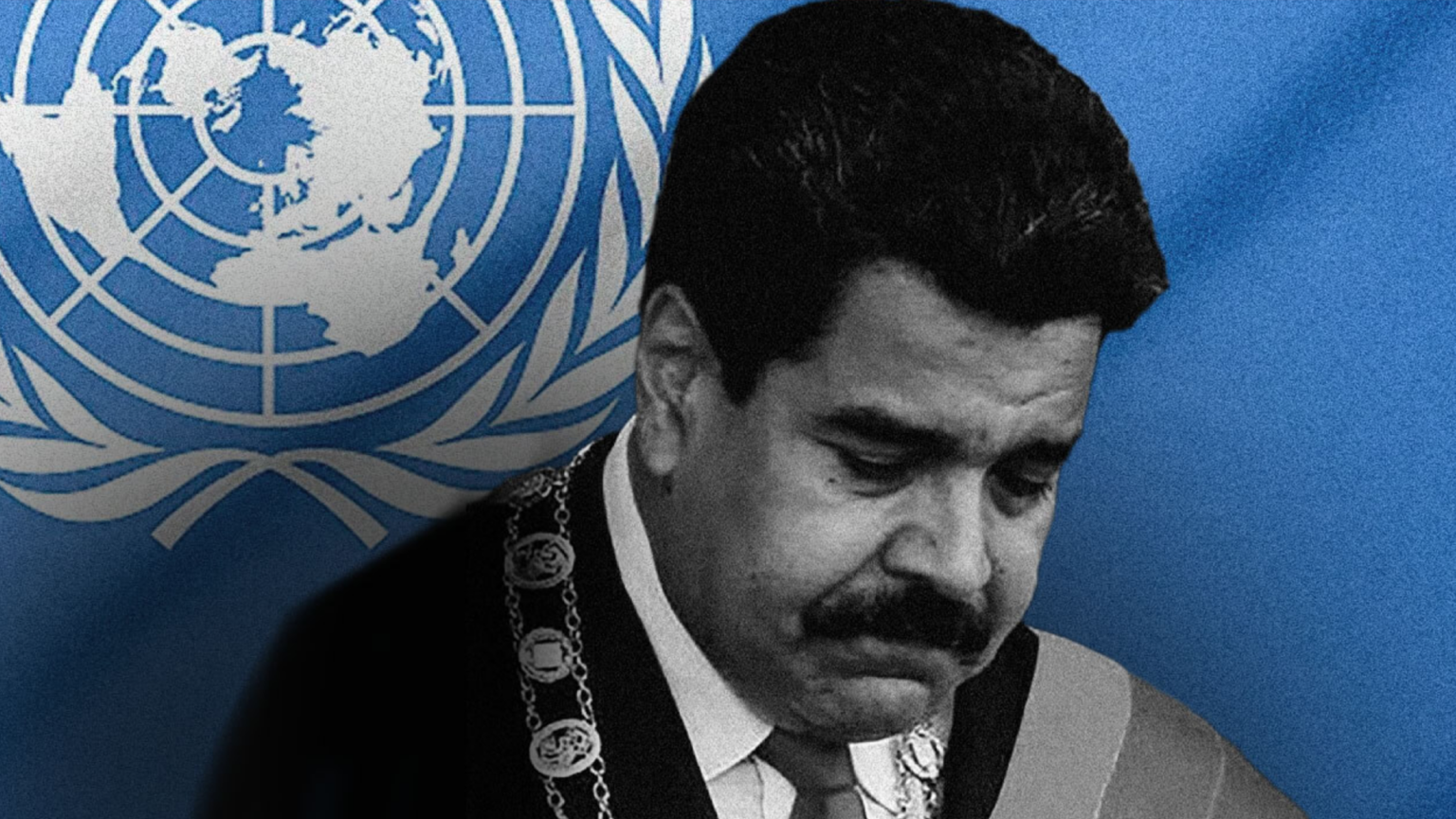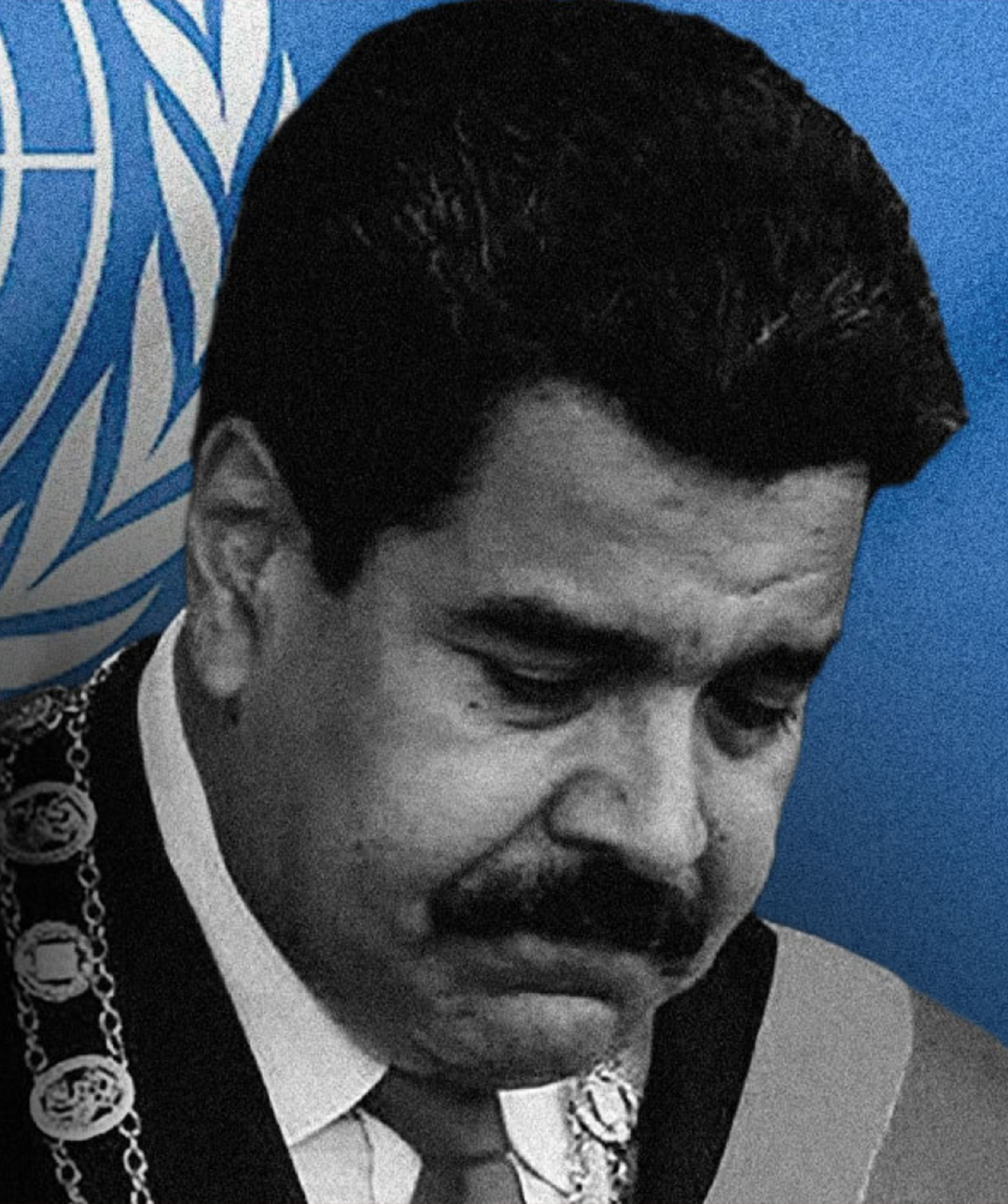

NEW YORK (October 12, 2022) — Yesterday, the United Nations General Assembly (UNGA) rejected Venezuela’s government in its election to the UN Human Rights Council (UNHRC). The 14 newly-elected Council members — who are expected to uphold the highest human rights standards — are Algeria, Bangladesh, Belgium, Chile, Costa Rica, Georgia, Germany, Kyrgyzstan, Maldives, Morocco, Romania, South Africa, Sudan, and Vietnam.
“The defeat of Venezuela’s candidacy is certainly something to celebrate. A brutal dictatorial regime that created one of the worst humanitarian crises in recent history has no business being part of the UN Human Rights Council,” said Alvaro Piaggio, HRF’s Senior Policy Officer for Latin America. “The newly elected members from the Americas — Chile and Costa Rica — are two of the most prosperous democracies in the region and will better represent the values and aspirations of millions of Latin Americans. The only time Nicolás Maduro should come anywhere near a human rights body is to be held accountable for his regime’s crimes against humanity committed against its people.”
Ahead of the vote, the Human Rights Foundation (HRF) published a joint report with UN Watch and the Raoul Wallenberg Center for Human Rights, which called on UN member states to oppose the election of Algeria, Sudan, Venezuela, and Vietnam to the Council. These countries were deemed “unqualified” due to their appalling human rights records and poor votes on UN resolutions concerning human rights.
Despite the UNGA’s rejection of Venezuela’s regime, several dictatorships still serve as UN Human Rights Council members, such as China, Cuba, Eritrea, Kazakhstan, and Qatar. The countries are known for engaging in gross human rights abuses, including torture, slavery, mass and arbitrary arrests, the violent suppression of dissent and crackdown on peaceful demonstrations, restrictions on political participation, and the targeting of independent media.
Allowing authoritarian regimes to discuss and weigh in on human rights violations reveals the lack of transparency and corrupt structure within the UN and many of its bodies, but the General Assembly’s vote to reject the Venezuelan dictatorship provides hope for the future. Voting nations at the UNHRC should address the violations committed by authoritarian regimes, rather than provide these countries with a platform within an important human rights body whose primary responsibility is to promote and protect human rights worldwide.
The Human Rights Foundation (HRF) is a nonpartisan nonprofit organization that promotes and protects human rights globally, with a focus on closed societies.
For media inquiries or interview requests, please contact [email protected].
Join us in helping save lives and stand up to tyranny.

Reach out with any questions or support needs.
Become part of our mission-driven team.
Find answers to commonly asked questions in our FAQs.
Hit enter to search or ESC to close